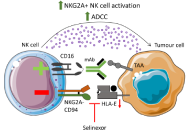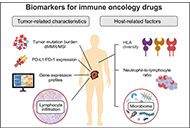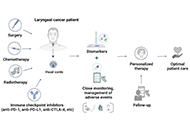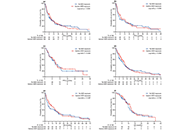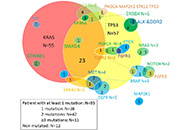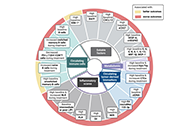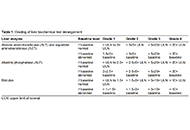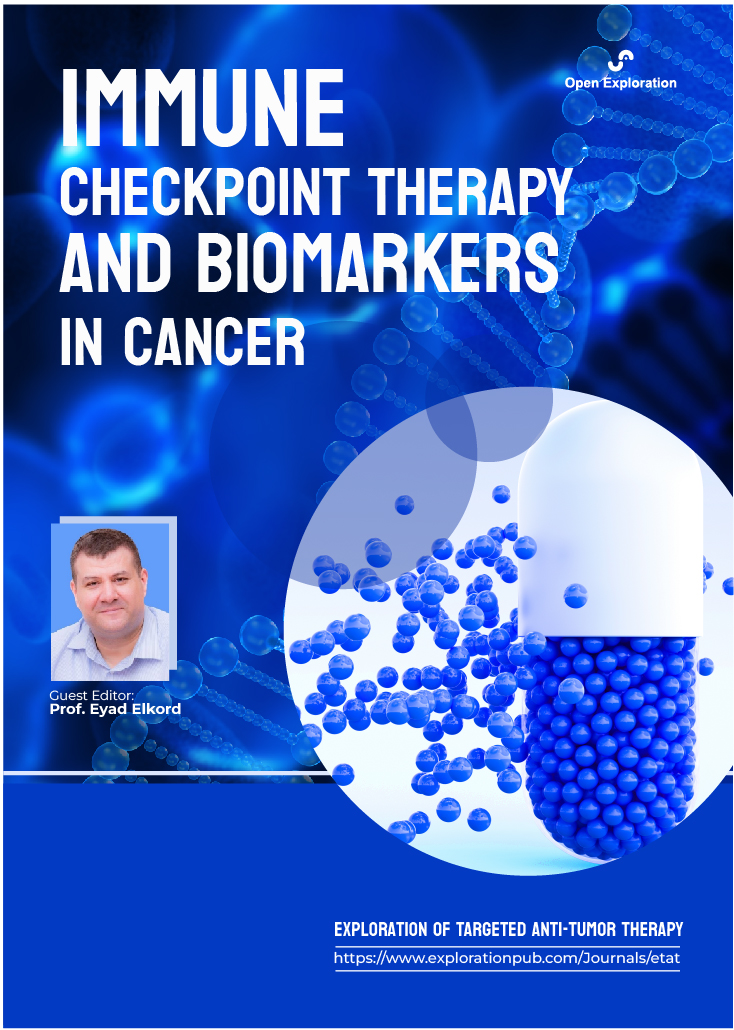
Immune Checkpoint Therapy and Biomarkers in Cancer
Guest Editor
Prof. Eyad Elkord E-Mail
Professor, Department of Applied Biology, College of Science, University of Sharjah, Sharjah, United Arab Emirates; Honorary Professor, Biomedical Research Center, School of Science, Engineering and Environment, University of Salford, Manchester, UK
Research Keywords: Tumor immunology; cancer immunotherapy; immunosuppression; T regulatory cells; immune checkpoints; cancer epigenetics
About the Special lssue
Immune evasion is a major hallmark of cancer, which is mediated via different mechanisms. The tumor microenvironment (TME) is highly immunosuppressive, which limits antitumor immunity and supports tumor growth and progression. High expression of immune checkpoints in the tumor microenvironment plays significant roles in inhibiting anti-tumor immunity, which is associated with cancer progression. Recent data showed that expression of various immune checkpoints in Treg/T cell subsets and other immune cells could play different roles in tumor progression and prognoses of cancer patients, which could serve as independent predictive biomarkers in patients. Monoclonal antibodies targeting immune checkpoints provided an immense breakthrough in cancer therapeutics. Recent reports have shown that patients with various malignancies benefit from immune checkpoint inhibitor treatments. However, the main drawback of immune checkpoint therapy in cancer is the low response rate and immune-related adverse events. This emphasizes the need for identification of reliable biomarkers for increasing response rate and lowering immune-related adverse events.
The aim of this special issue is to present studies and review articles focusing on immune checkpoints in cancer, immune checkpoint therapeutics, mechanism of action of immune checkpoint inhibitors, biomarkers and resistance mechanisms to immune checkpoint inhibitors, and potential strategies to enhance immune and clinical response rates in cancer patients.
Keywords: Immune checkpoint; cancer; immune checkpoint inhibitors; biomarkers; resistance mechanisms; tumor microenvironment
Published Articles
